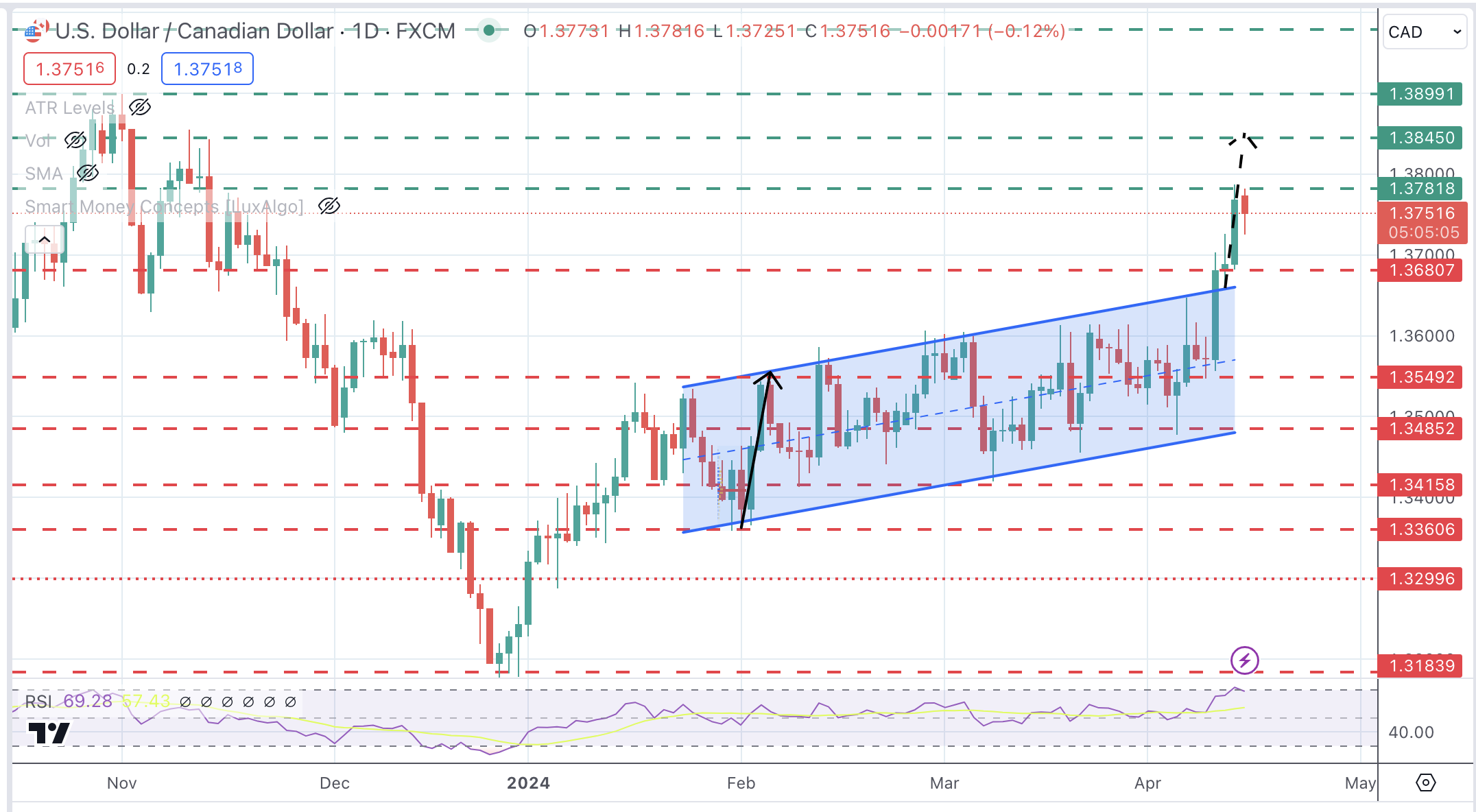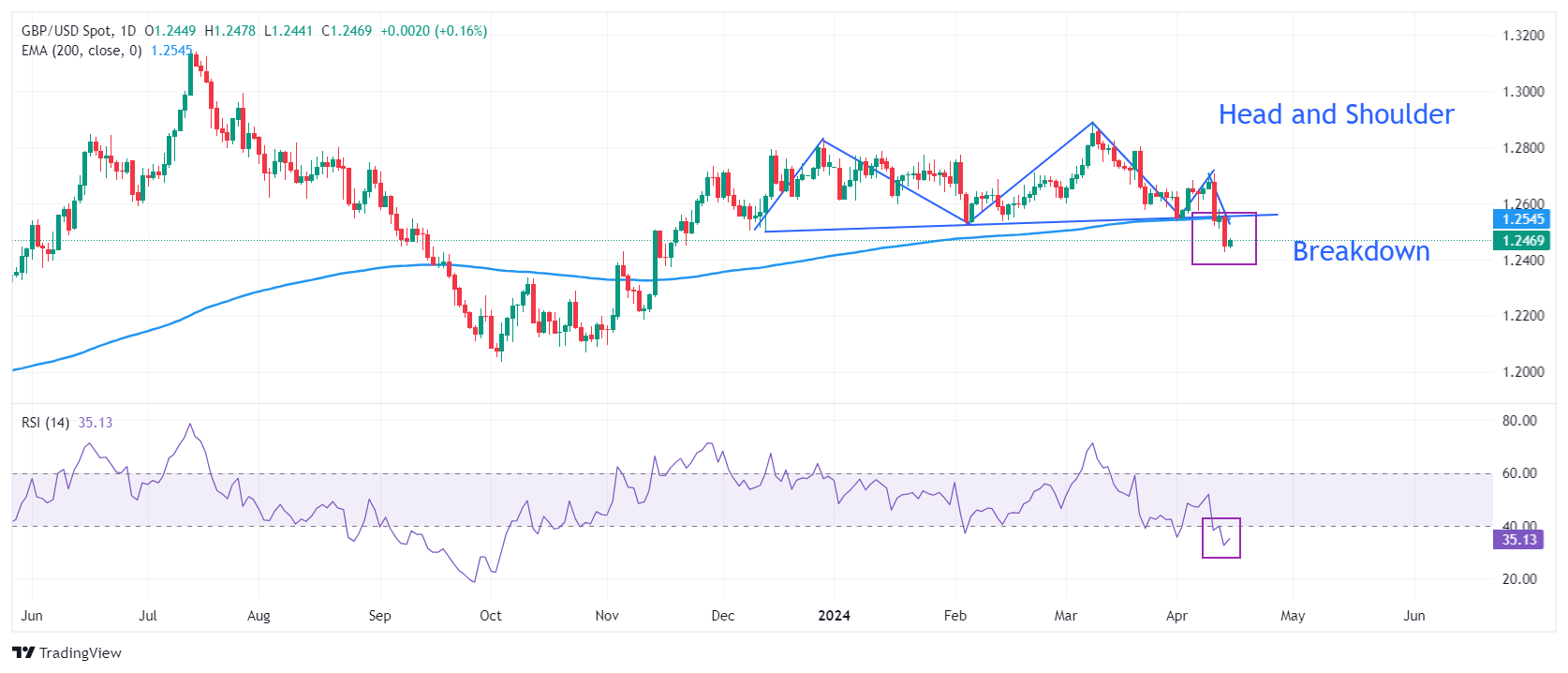
A small section of La Pampa region in Peru being replanted after illegal miners deforested large swaths of the rainforest. Paula Dupraz-Dobias
The boom in gold prices during the Covid-19 pandemic has kept Swiss refineries in business but has also boosted illegal mining, imperiling lives and the environment.
Increased demand for the safe-haven metal has led gold prices to fluctuate in recent weeks around their highest levels since 2011. Mark Haefele, Chief Investment Officer at the Swiss bank UBS, recently wrote that the metal has even more room to rally if geopolitical tensions rise. Between March and June, Switzerland, where around 60% of the global supply is refined, sent record volumes of gold to the United States to satisfy demand from investors.
However, with authorities in many gold-producing countries strictly enforcing lockdown measures to limit the spread of the coronavirus, the illegal gold mining sector has been flourishing. With some industrial mines out of action, illegal miners are making up the gold shortfall.
Underground mining in Peru
In the Peruvian rainforest, just a year after the government sent police and the army to occupy land devastated by miners as part of a crackdown on illegal mining, the situation is concerning.
“Criminal organisations are not lowering their presence,” Lucía Dammert, a Peruvian professor specialised in public security at the Universidad de Santiago de Chile, told swissinfo.ch.
“There is an increasing presence of child labour and human trafficking, specifically of women for prostitution,” Dammert added, saying that due to lockdown measures, the economic crisis has further aggravated the situation. In April, the country’s economy contracted by 40% compared to the same month in 2019. Some 72% of the population already relies on the underground economy to make a living and the coronavirus restrictions have driven even more people to seek illegal activities.
Peru is the world’s seventh-largest producer of gold of which an estimated 20% is mined illegally. Over the past 30 years, some 960 square kilometres of rainforest have vanished as people from poor parts of the country have been drawn to areas where the metal is found by the prospect of getting rich. Women often become trapped in a vicious cycle of prostitution, debt and enslavement.
General Raul del Castillo, the country’s environmental police chief, told swissinfo.ch that since the start of the pandemic, the fight against illegal gold mining has not been easy. Public resources have been diverted towards fighting Covid-19. The national police force has been hard hit by the virus, with some 24,000 confirmed cases and approximately 400 fatalities within the state agency. Since mid-July, Madre de Dios, which has been a focal point for illegal gold mining, has recorded the highest rate of infection within the country.
Del Castillo maintained that even with only a third of the capacity his forces had in 2019, the impact of enforcement within the vast, now-barren area of La Pampa in the Madre de Dios region has been positive.
But he said, “Many of the miners in Madre de Dios, due to the presence of law enforcement and the fear of prosecution, migrated to other regions where that presence was not as big” to continue their illicit activities. The general said many had moved to the regions of la Libertad, in the northwest, Arequipa and parts of Cusco not far from Madre de Dios. These include areas where there hasn’t been as much deforestation but where human rights abuses and pollution are rife. Others have set up camps to mine illegally in the so-called Mining Corridor in Madre de Dios, where mining is normally only permitted under certain conditions.
“In view of the potential gains, they continue to work. They are not going to say: `I’m done and I am going home`. They will continue until the presence of the state becomes more important,” he said.
Luis Hidalgo, Madre de Dios’ governor, told the national daily El Comercio, that “informal” traders in the region’s capital Puerto Maldonado have been paying less than half of the usual price, as those options are now more limited.
Swiss connection
Del Castillo argued it is important to go after those responsible for buying and laundering the gold, by falsifying documents where the metal may appear as legitimate, “before exporting it to destinations, such as Switzerland, Dubai and China”.
His service was involved in a sting operation earlier this year involving the arrest of members of a mafia network across five regions of Peru and the seizure of 200 kilos of gold destined for Switzerland, Germany, Dubai, India and China. Gold was being mined inside tunnels dug into hills behind structures made to look like houses, in which workers were locked in the shafts overnight.
Gold ingots and bags of soil mixed with a high concentration of the precious metal worth an estimated $10 million were stored near Lima’s international airport to be exported to those countries via legal mining companies registered in Peru. One of those firms, Veta Dorada, told the online news site Mongabay that it “buys gold ore from small formal and artisanal miners duly registered with the Ministry of Energy and Mines”.
Peruvian customs data shows that Veta Dorada, a processing plant on the southern Pacific coast, had exported gold to PX Precinox, a refinery in the Swiss city of La-Chaux-de-Fonds. From February to March, those shipments were destined to the refiner via customs in Zurich. Later shipments were registered to be delivered to the company via Miami, a first destination due to limited flights out of Peru since the start of the pandemic, according to the Swiss company.
“All the gold that has been exported is legal,” Philippe Chave, CEO of PX Precinox, told swissinfo.ch, regarding the gold his company had imported. “We work only with people who are either formal or registered in the formalisation process”.
Del Castillo said investigations are ongoing to uncover more about the foreign links to illegal mining.
Industry update
In Switzerland, three of the world’s biggest refineries, located in Ticino, were forced to shut down for a while as part of measures put in place by local authorities to curb the coronavirus pandemic. The southern canton bordering Italy was the hardest hit in the early months of the pandemic. The refineries, PAMP, Valcambi and Argor-Heraeus, process a third of the world’s global gold supply.
Neil Harby, chief technical officer at LBMA (London Bullion Market Association), whose members include global mining companies, refiners, jewellers and banks, said that while these refineries have restarted operations, they have to wait and see how the watch and jewellery industry bounces back from losses.
“The demand from the investment market is really keeping the refineries running at the capacity they can run at,” he said.
LBMA did not respond to questions regarding concerns about whether illegally produced gold may be entering its members’ supply chains and what efforts are being taken to avoid that.
Tags: Business,Featured,newsletter

























